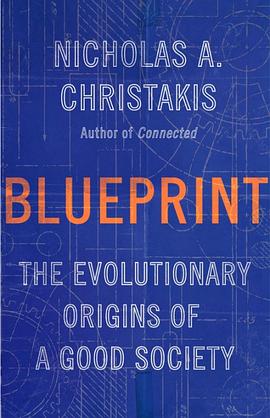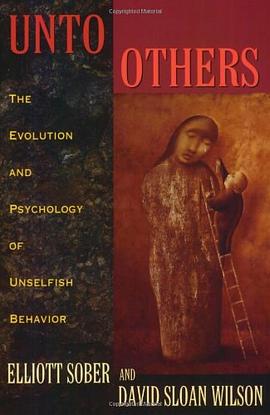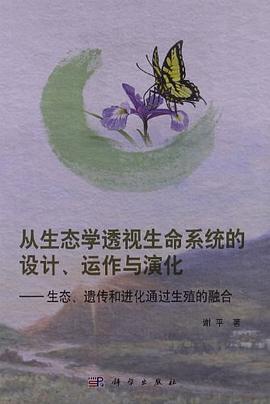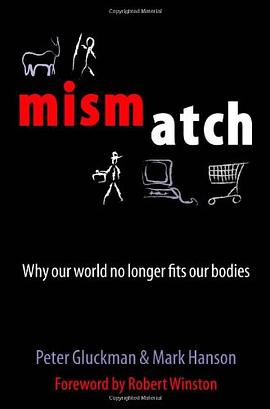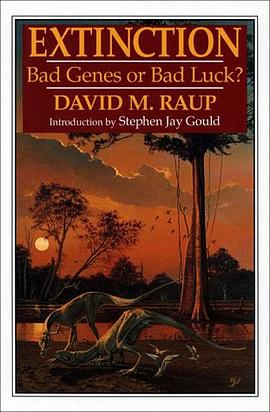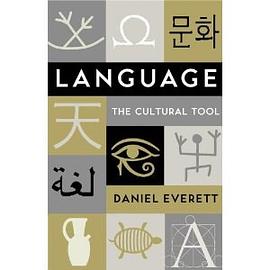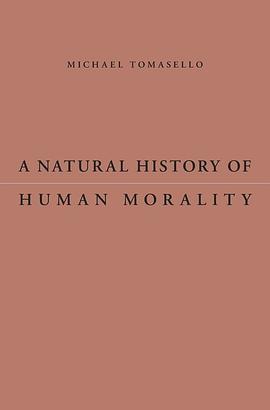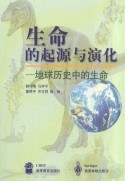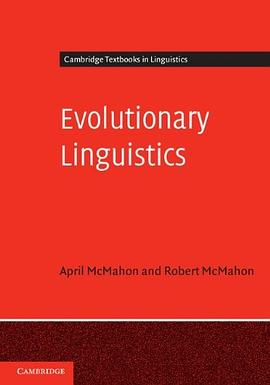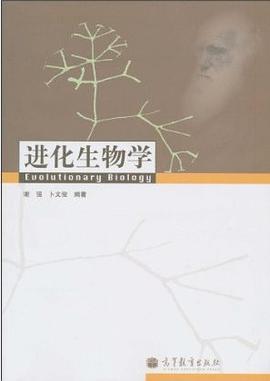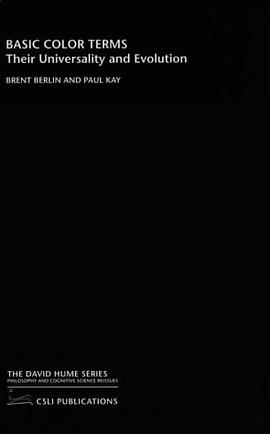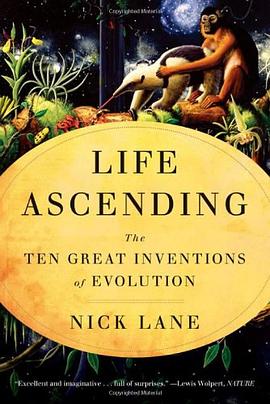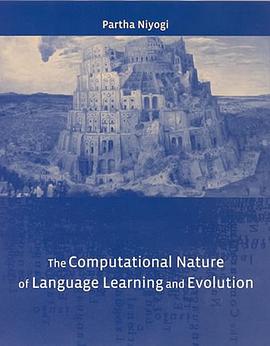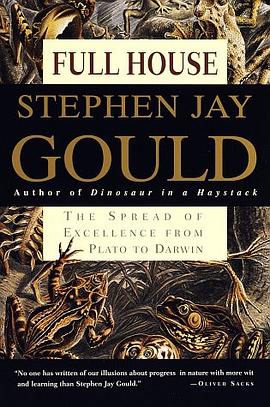

具體描述
Few would question the truism that humankind is the crowning achievement of evolution; that the defining thrust of life's history yields progress over time from the primitive and simple to the more advanced and complex; that the disappearance of .400 hitting in baseball is a fact to be bemoaned; or that identifying an existing trend can be helpful in making important life decisions. Few, that is, except Stephen Jay Gould who, in his new book Full House: The Spread of Excellence from Plato to Darwin, proves that all of these intuitive truths are, in fact, wrong.
"All of these mistaken beliefs arise out of the same analytical flaw in our reasoning, our Platonic tendency to reduce a broad spectrum to a single, pinpointed essence," says Gould. "This way of thinking allows us to confirm our most ingrained biases that humans are the supreme being on this planet; that all things are inherently driven to become more complex; and that almost any subject can be expressed and understood in terms of an average."
In Full House, Gould shows why a more accurate way of understanding our world (and the history of life) is to look at a given subject within its own context, to see it as a part of a spectrum of variation rather than as an isolated "thing" and then to reconceptualize trends as expansion or contraction of this "full house" of variation, and not as the progress or degeneration of an average value, or single thing. When approached in such a way, the disappearance of .400 hitting becomes a cause for celebration, signaling not a decline in greatness but instead an improvement in the overall level of play in baseball; trends become subject to suspicion, and too often, only a tool of those seeking to advance a particular agenda; and the "Age of Man" (a claim rooted in hubris, not in fact) more accurately becomes the "Age of Bacteria."
"The traditional mode of thinking has led us to draw many conclusions that don't make satisfying sense," says Gould. "It tells us that .400 hitting has disappeared because batters have gotten worse, but how can that be true when record performances have improved in almost any athletic activity?" In a personal eureka!, Gould realized that we were looking at the picture backward, and that a simple conceptual inversion would resolve a number of the paradoxes of the conventional view.
While Full House deftly reveals the shortcomings of the popular reasoning we apply to everyday life situations, Gould also explores his beloved realm of natural history as well. Whether debunking the myth of the successful evolution of the horse (he grants that the story still deserves distinction, but as the icon of evolutionary failure); presenting evidence that the vaunted "progress of life" is really random motion away from simple beginnings, not directed impetus toward complexity; or relegating the kingdoms of Animalai and Plantae to their proper positions on the genealogical chart for all of life (as mere twigs on one of the three bushes), Full House asks nothing less than that we reconceptualize our view of life in a fundamental way.
From the Hardcover edition.
著者簡介
斯蒂芬·傑·古爾德(Stephen Jay Gould),當今世界上著名的進化論者,古生物學傢、科學史學傢和科學散文作傢。1945年生於紐約,在安蒂奧剋學院,哥倫比亞大學研讀古生物並獲博士學位。現任教於哈佛大學,並從事研究工作。主要著作有《自達爾文以來》、《熊貓的拇指》、《漢斯的牙與馬的蹄》、《八頭小豬》等。
圖書目錄
讀後感
科学把支撑人类自大的巨柱逐一推翻。哥白尼、伽利略否定了地心说;达尔文把我们贬成“动物出身的”,弗洛伊德的心理学研究说人类“无意识”。(P11) 自负的人类总以为自己是高高在上的。习惯的说法是,生命从简单的单细胞逐渐“进化”到最高级的物种——人类。这本书告诉我们...
評分生物学发展到今天,从技术上讲,微观上刚完成了对人类全部基因组的测序工作,而宏观上则可以运用计算机的辅助计算统计,用数字描绘出一个波澜壮阔的生命史。斯蒂芬•杰•古尔德就是这么一位热衷于用数字说话,用图形说理的生物学家。他的著作《生命的壮阔》则清楚地反映了...
評分 評分我看书看到一半了,前半部确实糟糕,他要打破普遍认为“人是万物之灵”的心理优越,人总以自己的观念归纳总结研究自然,但是他批评的太刻薄了,第一部分对于目前的人应该不是问题了吧,至少我绝不是那么为作为人而“自大”。第二部分,还算有点意思,只是需要啰嗦这么多吗?对...
評分读完此书,心理特别激动,思路有豁然开朗的感觉,人类在规范统一的金字塔里带的太久,忘了原来差异才是世界主要的事实,忘了世界上还有细菌微生物的存在,(换言之,细菌在地球上,可能不只是在重量方面居于统治地位;可能还是宇宙之间惟一生命模式的代表P156)忘了随机性的强...
用戶評價
斯人已逝--您的簽名還留在扉頁上。????
评分= =
评分evolution不是一個完全正麵的概念。氣場非常強的論說。
评分evolution不是一個完全正麵的概念。氣場非常強的論說。
评分= =
相關圖書
本站所有內容均為互聯網搜索引擎提供的公開搜索信息,本站不存儲任何數據與內容,任何內容與數據均與本站無關,如有需要請聯繫相關搜索引擎包括但不限於百度,google,bing,sogou 等
© 2025 book.quotespace.org All Rights Reserved. 小美書屋 版权所有

